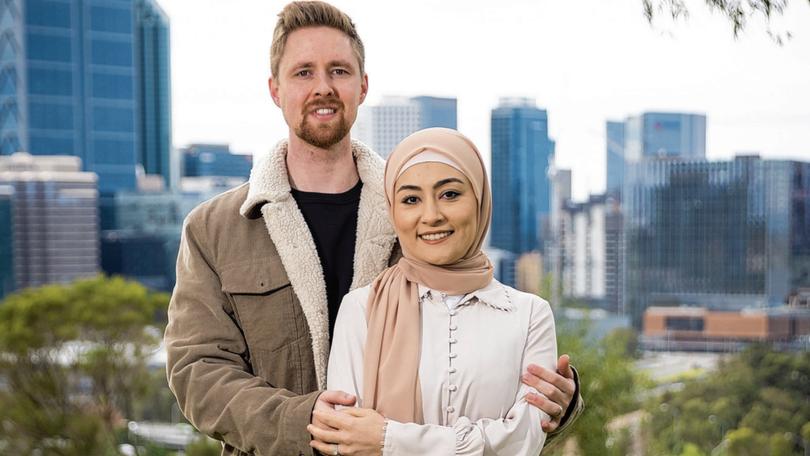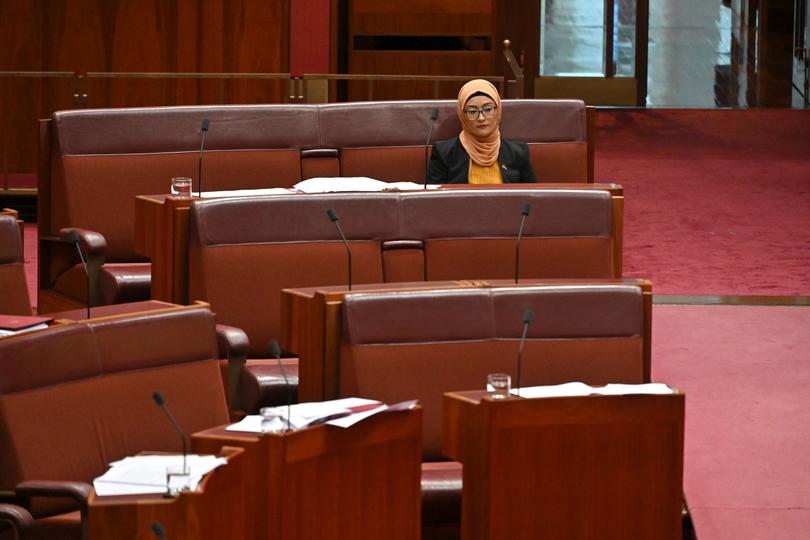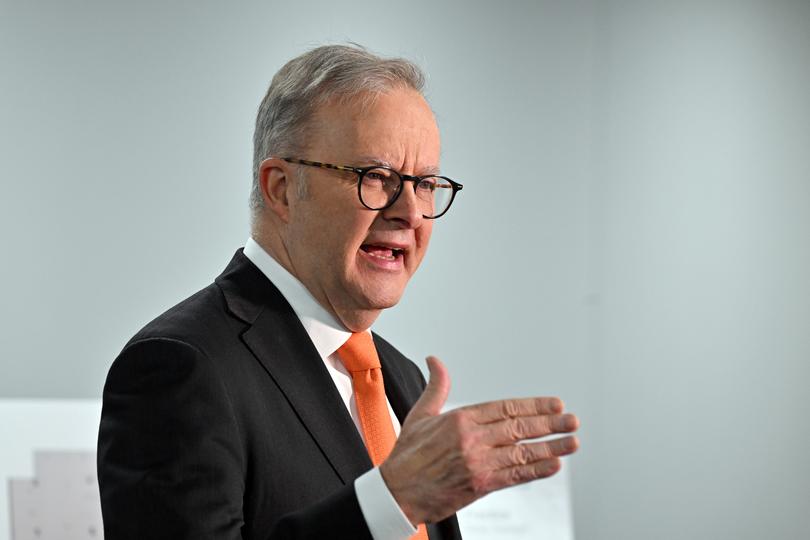ALP warned to loosen caucus rules ahead of 2025 election or risk losing ground in Muslim electorates
The success of five pro-Palestinian independents in last week’s UK election could be a forerunner to next year’s Federal poll.

Labor risks further isolating voters and pushing them towards the Greens and independents unless it loosens its internal rules, a political strategist has warned.
Pollsters suggest the success of five pro-Palestinian independents in last week’s UK election — and the loss of ALP’s ground in Muslim communities — could be a forerunner to next year’s Federal poll.
Prime Minister Anthony Albanese maintains he will go “full term”, but the Coalition and Greens believe an early election becomes more likely if the Reserve Bank hikes rates next month.
Sign up to The Nightly's newsletters.
Get the first look at the digital newspaper, curated daily stories and breaking headlines delivered to your inbox.
By continuing you agree to our Terms and Privacy Policy.Regardless, the quasi-campaigning is underway now that parliament is on a five week break, and discussions are rife about what the next election could look like.
Labor’s primary vote is plummeting and in the wake of Senator Fatima Payman’s decision to leave the party, it is being urged to modernise rules around caucus solidarity and give greater allowances to dissenting voices — or risk losing further favour.
The first-term WA senator’s decision last week to leave the party has spurred on the Muslim Vote movement — which claims not to be a political party – to find independent candidates to represent communities with a large Muslim population, especially in western Sydney.
It’s sparked conversations over what role “religious” political groups have in a modern secular society, but the group claims it is more concerned with “empowering” Australian Muslims.
“The Muslim Vote is not a religious campaign, but a political one. The sentiment for genuine reputation is stronger than ever, and amplifying these voices is crucial,” the group said in a statement.

Mr Albanese has questioned how it was in the interest of minority groups to isolate themselves, as he said a faith-based party system would do.
“My party has in around the cabinet and ministerial tables, people who are Catholic, people who are Uniting Church, people who are Muslim, people who Jewish,” he said on Friday.
“That’s the way that we’ve conducted politics in Australia. That’s the way you bring cohesion.”
The two most significant seats in their target are Jason Clare’s Blaxland, which has a 31.65 per cent Muslim population, and Tony Burke’s Watson, with a 25 per cent Muslim population.
The cabinet ministers hold their electorates with a safe 14.9 per cent and 15.1 per cent margin respectively, but after Labor’s disastrous loss to community independent Dai Le in Fowler in 2022, the party knows it cannot take such seats for granted.
Redbridge director Kos Samaras said looking at the success of UK independents who ran on pro-Gaza platforms, “no amount of hand-wringing about faith-based political parties prevented them from winning”.
Veteran political strategist Bruce Hawker, who worked for Bob Carr and Kevin Rudd, said the changing nature of politics and political structure was highlighted by the Australian response to the war in Gaza.
The Greens are ramping up pressure in Labor-held seats of Wills, Moreton, Perth and Richmond over the five-week parliamentary winter break to encourage MPs to “cross the floor” and take a stronger position on Palestine.
Mr Hawker said Labor had an opportunity to modernise itself and allow more space for dissenting views that better represent minority ethnicities and religions.
“They run the risk of being superseded by certain sections of the community who say that Labor no longer represents their values,” he said.
“They should reflect on their own rules, which are so strict about party discipline when it comes to caucus votes. A better approach might be to say, look, if you have a particularly strong cultural or religious affiliation which is going to make a binding vote on you difficult in the parliament, then let’s hear it.
“There has to be a way of accommodating strong debate inside the Labor Party, acknowledging concerns that people have about what’s happening in Gaza- particularly people of the Muslim faith – and to say to those people, well, in situations like this, we recognise that there has to be some flexibility in the way in which we deal with these issues when it comes to a casting a vote… which wasn’t going to affect the outcome of government policy.”
Mr Albanese maintained that Labor did give space for varying opinions, but that Senator Payman never raised the issues with caucus. She maintains she went through other avenues.
It’s not just the Muslim vote that Labor risks alienating ahead of the next election, with the latest Newspoll suggesting the Government has an issue with younger voters.

The primary vote in Australians aged 18-34 is now essentially a three way tie between Labor, the Coalition, and the Greens, with young people verging further left amid growing concern about the war in Gaza, climate, and the cost-of-living.
The preferences from Greens’ voters would overwhelmingly still flow to Labor, but losing seats such as Wills, which the minor party believe they have a chance of gaining, pushes the Government towards a minority.
As the Coalition tries to push Labor to rule out a deal with the Greens should it need support to form minority government, Mr Hawker suggested the Government would be more likely to consider a handful of independents.
“I would expect that the teals would find it extremely difficult to support a Dutton-led opposition,” he said.

